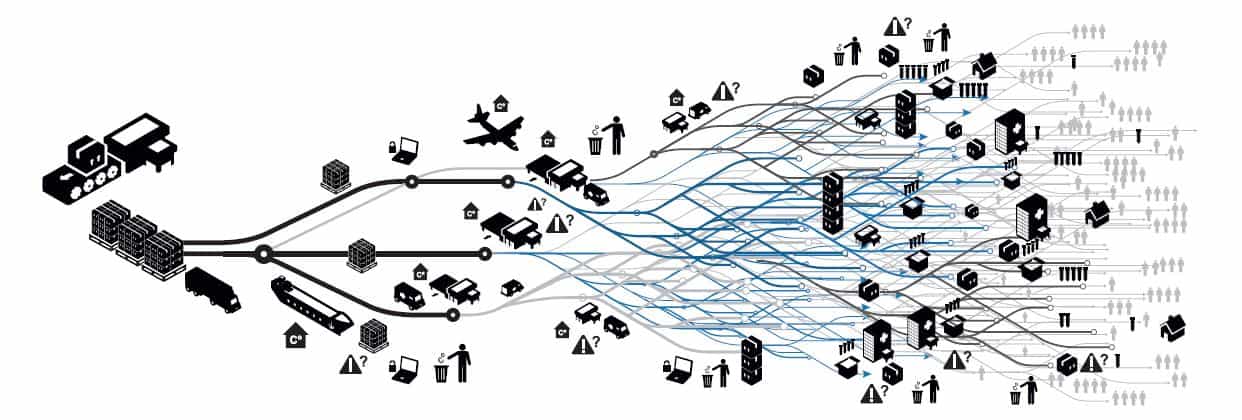
AntTail Tackles Last Mile Medication Delivery With a Smart App

Technologies like the Internet of Things, Machine Learning, and Predictive Analytics present one of the biggest business opportunities in decades. According to Gartner, by 2018, over half of large organizations globally will compete using advanced analytics and proprietary algorithms, causing the disruption of entire industries and the formation of new businesses that deliver great value.
One such organization is AntTail, a pharmaceutical supply chain company who has created a new business model with the advent of their medication temperature monitoring solution that uses sensors as a way to ensure the best possible delivery of medical supplies and medications.
The temperature of medications is key to meeting quality standards and regulations, and the app monitors every shipment in order to ensure the proper temperature is maintained and to remind patients to take their medication on time.

One of the main barriers for creating Smart Apps for many companies is the requirement of many, disparate technologies. But AntTail’s solution is simple, they built the application using the Mendix Platform as a way to bring together all of these best-of-breed technologies into one central place.
AntTail uses a central router as a hub for all of the sensors, collecting the data when there is a connection and storing the data when there is no connection to ensure that no data is lost. The Router uses Vodafone’s Managed IoT Connectivity Platform as a way to connect to AWS, and has a Java service running that puts the data into Hadoop.
Hadoop is a means to store all of the data, but it is not complete without the context needed to make smart business decisions. AntTail uses Mendix to add context to the data by assigning roles to each sensor. The app takes into account where the sensor is being used in order to determine the role and assign a trigger.
For example, some sensors are assigned the role of “Last Mile” because they travel from the pharmacy to the patient. These sensors monitor not only the temperature the medication is being stored in, but also the adherence, making sure the patient takes the medication. The sensor is triggered when the patient opens the package and deactivates itself.
Other sensors are placed in warehouses and must be up and running 24/7; if no data is being collected and the sensor is offline for more than 30 minutes, an alarm profile is set up to notify the caretaker. Basic shipments also carry sensors that start at point A and deactivate when they get to point B in order to trigger a notification that the shipment has made it to its destination.
With Mendix, the app can visualize all of these sensors and evaluate the data for any triggers. AntTail uses the REST services module from the Mendix app store to access the full power of JSON-based REST APIs. The module serves three goals: consuming services, publishing services and synchronizing data between apps by combining consume and publish. By using the native REST service, AntTail’s customers can access the data quickly to make important business decisions in real-time.
“It’s lightning fast; I get 10,000 records in less than a second,” says Mark Roemers, CEO and Co-Founder of AntTail.
As a result, there has been a 99% success rate in tracking and alarming, keeping the medicine at proper temperatures and patients taking the medicine at the prescribed intervals due to reminders from the app.
Mark says that the next steps for AntTail are to take the app mobile. They are already in the process of building out their mobile apps in order to provide proactive notifications 24/7. For the warehouse manager, this means that even when he is not in front of his computer he will be able to receive notifications if a sensor stops transmitting data and can act immediately. With the mobile solution, patients, pharmacists and logistics customers can access and interpret the sensors’ data from anywhere at any time.